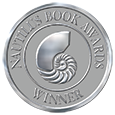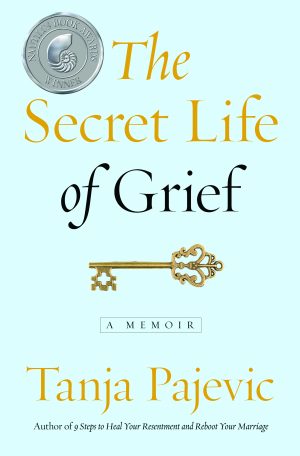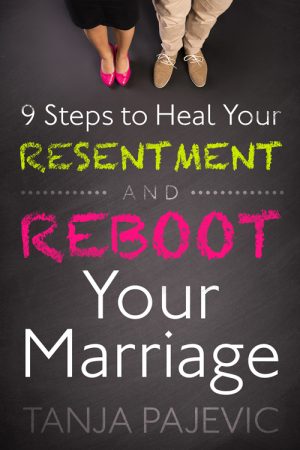As a book coach, I can always tell when someone’s written their way into the story. There’s so much that has to be cut, reorganized and rewritten.
It’s never fun to suggest a major revision.
Especially when someone thinks they’re close to the finish line.

That’s why I recommend getting a manuscript review (also called a developmental edit) early in the process.
You want to ensure your book hooks your reader and keeps them engaged.
If you lose your reader — or worse, fail to grab them in the first place — you’ve lost your chance at making an impact.
The Benefits of Receiving a Manuscript Review Earlier Rather than Later
One of the biggest mistakes writers make is waiting until they’re done with their manuscript before hiring an editor. This often leads to major rewrites, increasing the cost, time and emotional investment of your project.
 Getting a developmental manuscript review early in the process will help you figure out if your story works before you spend precious time and energy polishing your manuscript—saving you lots of frustration, not to mention time and money. It’s essential to get big-picture help with narrative style, pacing, structure and technique before you get bogged down in line-edits and final revisions.
Getting a developmental manuscript review early in the process will help you figure out if your story works before you spend precious time and energy polishing your manuscript—saving you lots of frustration, not to mention time and money. It’s essential to get big-picture help with narrative style, pacing, structure and technique before you get bogged down in line-edits and final revisions.
For this reason, I always recommend that writers hire a developmental (or substantive) editor long before hiring a line editor or proofreader. They’re vastly different parts of the editorial process.
What is a Developmental Manuscript Review?
My manuscript reviews include a close read of your manuscript pages (double-spaced, in 12-pt font) with an editorial report, customized for your needs and level of expertise. A developmental manuscript review covers what’s working well in the manuscript as well as what needs to be strengthened, and typically addresses the following components:
- story structure
- pacing
- character development
- conflict
- setting
- dialogue
- perspective and/or point of view (POV)
- tone/voice
- showing v. telling
- narrative style and organization.
 Editorial comments are comprehensive in nature (approximately 2-4 pages for a 50 page edit to 5-10 pages for a full-length manuscript), leaving you with a clear set of next steps.
Editorial comments are comprehensive in nature (approximately 2-4 pages for a 50 page edit to 5-10 pages for a full-length manuscript), leaving you with a clear set of next steps.
If you’d like support with your manuscript, please reach out. I currently have one slot available for April and one for May.
I usually offer 1-2 manuscript reviews a month, so if you’re planning further out, please reach out to get on my editorial calendar: tanja[at]tanjapajevic[dot]com.
Warmly,
Tanja


